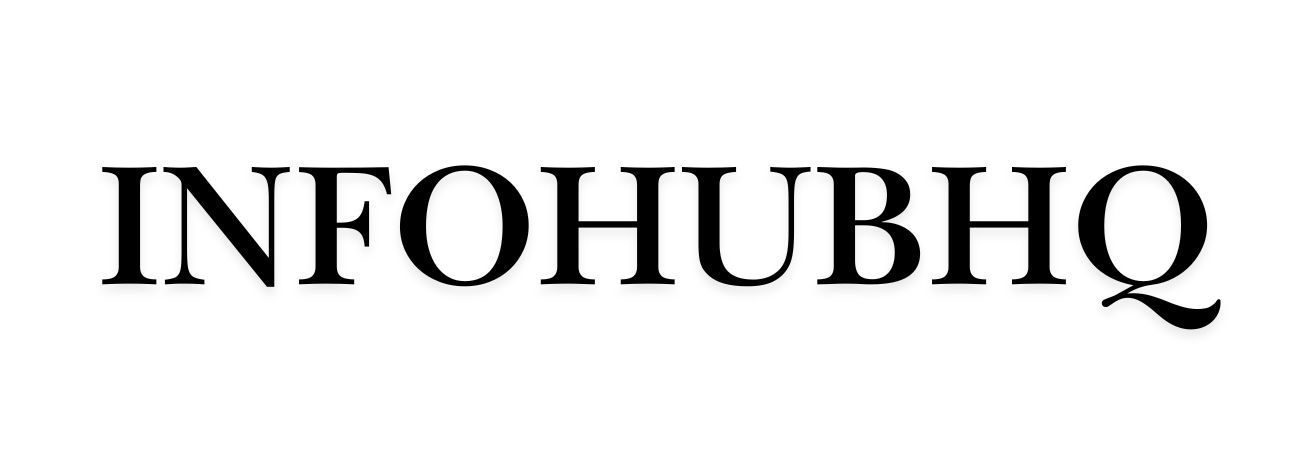Introduction to Private Mobile Homes
In recent years, the appeal of private mobile homes has grown significantly, offering a flexible and cost-effective housing solution. These homes provide an opportunity for individuals to own a property without the financial burden often associated with traditional real estate. The allure of private mobile homes lies in their affordability, mobility, and the sense of community they can foster. As more people seek alternative living arrangements, understanding the landscape of private mobile homes for sale becomes increasingly relevant.
Mobile homes, also known as manufactured homes, are built in factories and then transported to a site of the owner’s choosing. This construction method allows for efficient production and often results in a lower price point compared to conventional homes. Buyers can select from a variety of styles and sizes, tailoring their purchase to fit their needs and budget.
For those considering purchasing a private mobile home, it is essential to weigh the benefits against potential challenges. Factors such as location, zoning laws, and resale value should be considered. However, with careful planning and research, owning a private mobile home can be a rewarding and practical choice.
Benefits of Owning a Private Mobile Home
One of the primary advantages of owning a private mobile home is the cost savings. Typically, these homes are more affordable than traditional houses, making homeownership accessible to a broader range of people. The lower initial investment can be particularly appealing to first-time buyers or those looking to downsize.
Another benefit is the flexibility that mobile homes offer. Since they are not permanently affixed to the land, owners have the option to relocate their homes if desired. This mobility can be advantageous for individuals who prioritize travel or need to move for work. Additionally, mobile home communities often provide amenities such as pools, clubhouses, and recreational facilities, enhancing the living experience.
Moreover, the maintenance and upkeep of a mobile home are generally less demanding than those of a traditional house. Many mobile home parks take care of common area maintenance, allowing owners to focus on their personal space. This aspect can be particularly appealing to retirees or busy professionals seeking a low-maintenance lifestyle.
Considerations When Buying a Private Mobile Home
While the benefits of private mobile homes are numerous, potential buyers should also be aware of certain considerations. One of the most critical factors is location. Mobile homes must be placed on land that is zoned for such use, which can limit placement options. Buyers should research local zoning laws and land availability before making a purchase.
Another consideration is the potential for depreciation. Unlike traditional homes, mobile homes may depreciate in value over time. Prospective buyers should assess the long-term financial implications and consider whether the investment aligns with their financial goals. Additionally, securing financing for a mobile home can sometimes be more challenging than for a conventional home, so exploring different financing options is advisable.
Lastly, the community aspect of mobile home living should not be overlooked. Many mobile home parks offer a sense of community and camaraderie among residents, which can be a significant draw for some buyers. However, it is essential to ensure that the park’s rules and regulations align with personal preferences and lifestyle.






